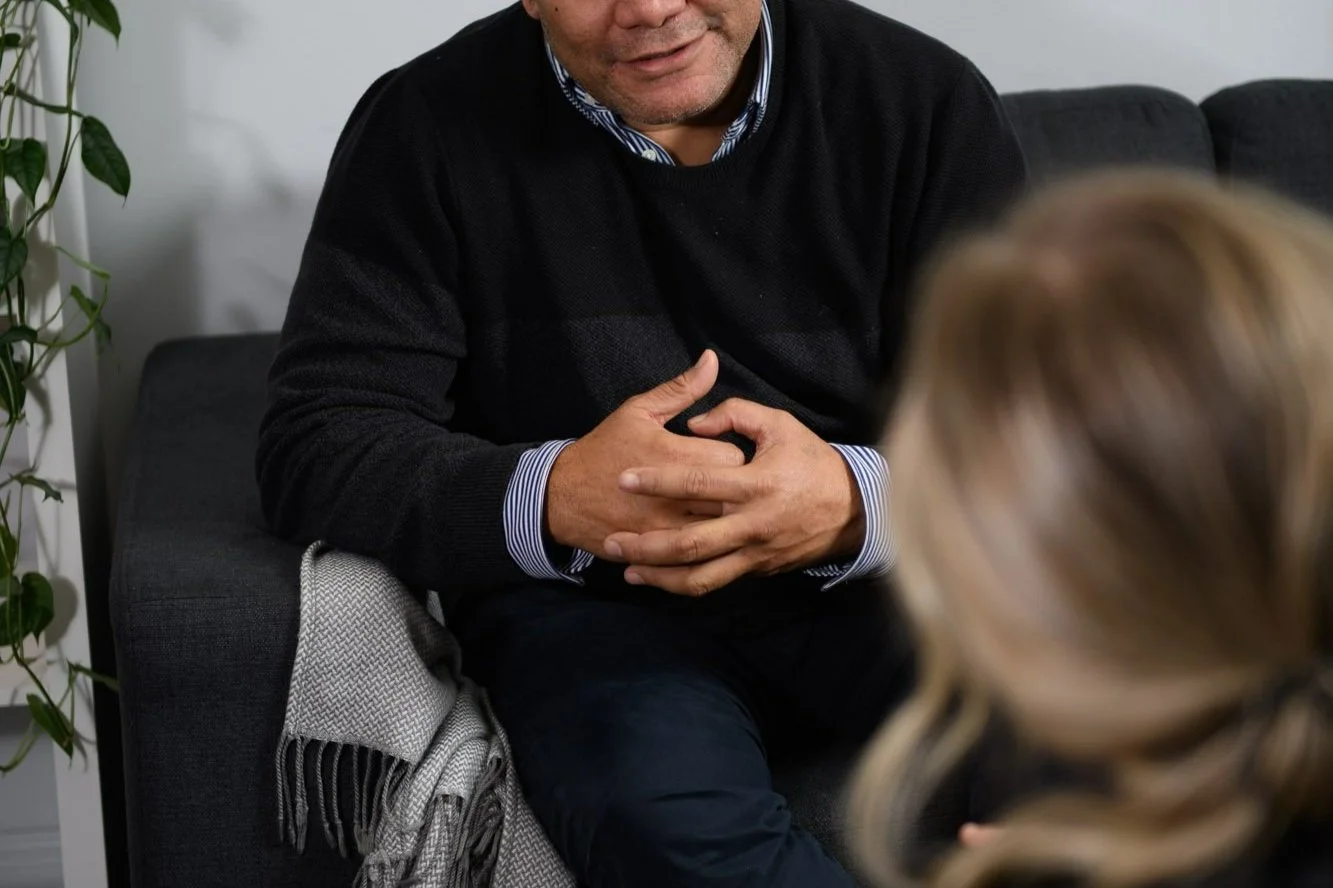You take the morning off work and head to your GP, with the plan on telling then you have been struggling with feeling stressed, not sleeping well, or feeling low or flat. Perhaps you are often feeling angry, or beginning to feel like you don’t want to live like this anymore. When you see your GP, they ask you some questions and assess how things are going. You fill out a short questionnaire about how you have been feeling, and then your GP says it…
I would like to refer you to a psychologist.
Your GP completes some paperwork, generally including a Mental Health Treatment Plan and a referral to the psychologist (or Mental Health Social Worker/Occupational Therapist), and tell you to contact the psychologist to make an appointment. Alternately the psychologist may contact you when they receive the referral.
You will usually organise an initial appointment on the phone, and the psychologist or their receptionist will let you know if you need to complete any paperwork and should let you know any terms, such as the clinician’s details, cancellation notice periods, session fees and rebate information. You can request a copy of all this information in writing. You may need to wait a while for an appointment, depending on the clinician’s wait list time. You can often request an earlier appointment if it comes up sooner, and you can make yourself available at short notice.
Then your first appointment comes around
Try to arrive 10-15 minutes early to complete any paperwork, and allow yourself to catch your breath and get comfortable in the surroundings. You might want to jot down any concerns you have if you are worried you might forget them. Your clinician will come and greet you, and you will go with them to their consult room. The initial appointment is often mostly for gathering information about your difficulties and any relevant history, as well as completing some basic assessments and creating a treatment plan. Your clinician will usually share this information with you at the end of the first appointment, including their recommendations about what happens next. Once the appointment is over, you pay for the session (or sign a bulk bill form if it’s a bulk-billing clinician - we don’t offer this at HMC) and book in future appointments. Often future appointments are fortnightly, but sometimes they are a little more frequent or spaced out further.
Congratulations!
It's now time to give yourself a little bit of space to process that you have done it! You have commenced treatment and taken the first step toward optimising your life. Now you have a safe person in your team, that will help you work toward becoming the best version of yourself.
Olivia Boer is a Clinical Psychologist and Director of Healthy Mind Centre Launceston, a private allied health practice in Launceston, Tasmania.





